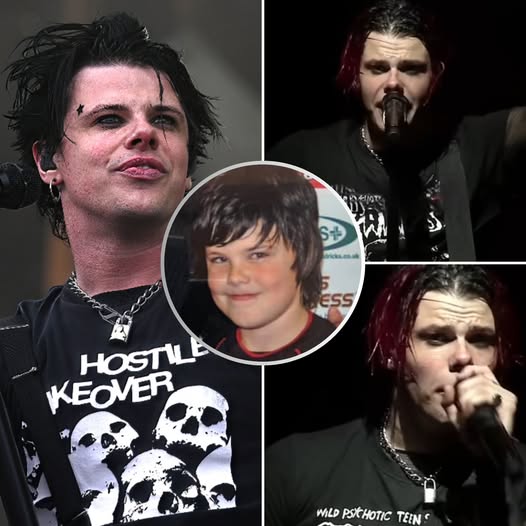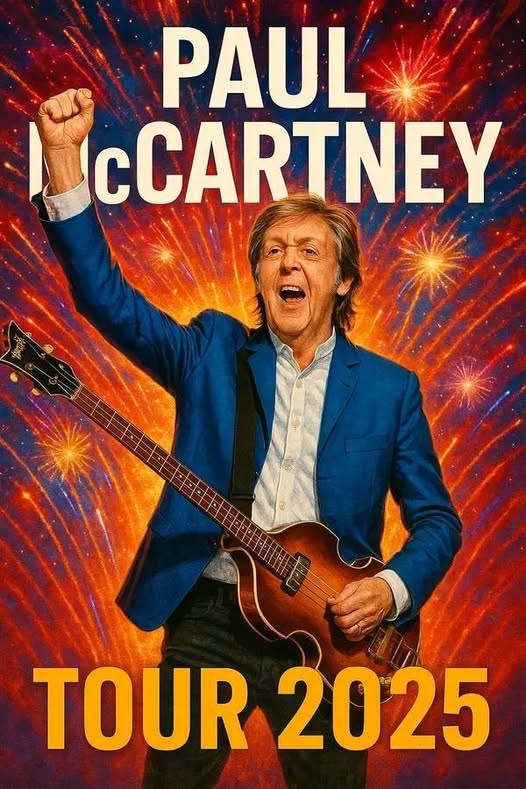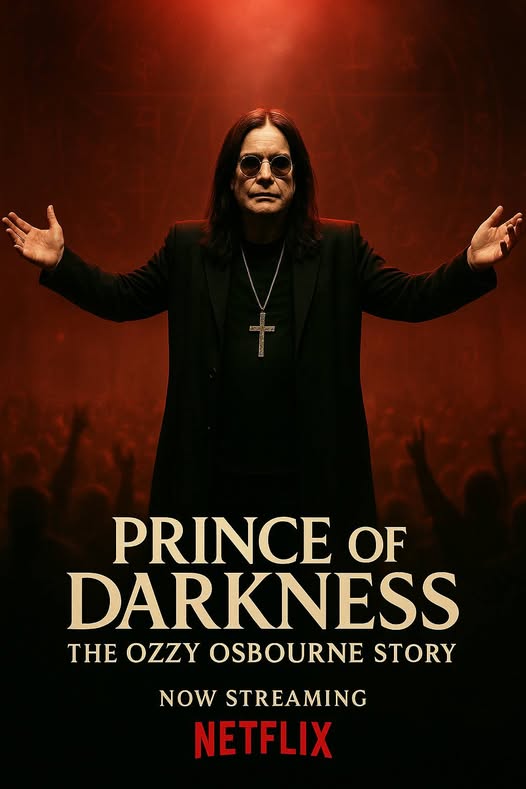Under the harsh stage lights, YUNGBLUD stood completely still. No guitar riff yet, no drumbeat to break the silence — just him, gripping the mic like it was the only thing keeping him upright. His eyes scanned the crowd, a thousand faces staring back, buzzing with anticipation. But before the first note dropped, something shifted. The wild, kinetic energy he’s famous for was nowhere to be seen. Instead, there was a trembling stillness, as if he were bracing himself for a leap into icy water.
When he finally spoke, it wasn’t the chaotic rock-and-roll swagger fans expected. It was a voice cracked with honesty.
He began to talk about his childhood — the uncertainty, the confusion, the way he struggled for years to feel at home in his own skin. He spoke of nights spent staring at the ceiling, wondering why he couldn’t love himself the way others seemed to. And then, with the kind of vulnerability that makes even strangers lean closer, he revealed something far darker: the abuse he suffered at the hands of a doctor.
The air in the venue thickened. Some fans gasped. Others froze.
This wasn’t just a lead-in to a song — it was a confession. The kind you don’t rehearse, the kind you don’t share unless it’s carved into your bones. YUNGBLUD wasn’t telling this story for shock value; he was telling it because the song that was about to follow couldn’t exist without it. It wasn’t just music anymore. It was a rallying cry for every person in that room who had ever carried the weight of a broken past.
Every Lyric a Scar
When the first note finally rang out, it felt different — heavier, sharper, as if the guitar strings were pulling at something deep inside him. His voice cut through the air, raw and urgent, each lyric sounding like it had been torn from his skin.
The words weren’t polished for perfection; they were jagged and imperfect, like real pain always is. He didn’t just sing about hurt — he sang from hurt. Every shout felt aimed at some invisible darkness, every high note an act of defiance against the ghosts that had trailed him for years.
The crowd began to understand: they weren’t just at a concert, they were part of a moment. A deeply personal one. This was not entertainment in the traditional sense; this was someone turning their insides out in front of thousands of people, trusting that the room was big enough to hold all the weight.
A Community Forged in Sound
One of YUNGBLUD’s most defining qualities has always been his ability to make his fans feel seen. His shows aren’t simply performances — they’re gatherings of outsiders who find belonging in the chaos. But that night, the sense of unity went beyond shared fandom.
When he sang, you could see people in the front rows lock eyes with each other, as if to say, I know that feeling. Strangers put their arms around one another. Others wiped away tears they didn’t know were coming.
The music became a bridge — not between artist and fan, but between every person in the room who had ever felt broken, silenced, or left behind. And in that shared vulnerability, something powerful happened: the audience didn’t just listen, they answered back. Every cheer was more than applause. It was an act of solidarity.
By the time the final chorus hit, the crowd’s voices rose so loud they almost drowned out the band. But YUNGBLUD didn’t seem to mind. He smiled through the pain in the song, letting them carry it with him.
Why It Mattered
In an industry that often rewards polish over truth, moments like this stand out. Plenty of artists talk about their pasts, but not all are willing to stand in front of thousands of people and bare their deepest wounds in real time.
For YUNGBLUD, the choice to share his story that night wasn’t about spectacle — it was about survival. Speaking those truths out loud gave them less power over him. And by tying them to his music, he transformed them into something bigger: a lifeline for anyone listening who might be going through the same thing.

Trauma has a way of making people feel alone, as if no one could possibly understand the weight they’re carrying. But when someone like YUNGBLUD stands under glaring stage lights and says, This happened to me. And I’m still here, it breaks that illusion. It tells people, You’re not the only one. You’re not broken beyond repair.
From Chaos to Catharsis
Part of the power of that night was how it contrasted with the energy fans usually expect from him. YUNGBLUD is known for his explosive live shows — leaping across the stage, thrashing to the beat, grinning like a kid who just broke all the rules and got away with it. His concerts are loud, messy, and joyful rebellions.
But this time, the rebellion looked different. It wasn’t about noise or shock value. It was about standing completely still, refusing to look away from the hard truths, and letting the crowd see the parts of himself that weren’t loud or bulletproof.
That’s the thing about rebellion — it’s not always about defying authority. Sometimes, it’s about refusing to let pain turn you silent.
The Aftermath
When the last chord faded and the house lights dimmed, there was a pause before the applause began. Not because the audience wasn’t impressed, but because they were processing what they’d just witnessed. Then the cheering started — and it didn’t stop.
It wasn’t the usual roar of excitement after a favorite song. It was deeper, warmer, almost protective. The crowd wasn’t just celebrating him; they were standing with him. They were saying, without words, We heard you. We believe you. We’re here.
Many fans later said it was the most powerful moment they’d ever seen at a concert. Not because it was technically perfect, but because it was real.
The Weight of Being Heard
Artists often talk about wanting to change lives with their music, but that night, it felt like something even more rare happened: the audience changed his life too. By receiving his story without judgment, they gave it a different ending. Instead of being something locked away in silence, it became something shared, understood, and carried together.
That’s the quiet magic of live music. It’s not just about the sound — it’s about the unspoken contract between performer and listener. One risks being vulnerable; the other promises to hold that vulnerability with care. When both sides keep their promise, the result is unforgettable.
A Rallying Cry That Lives On
In the days and weeks after the show, fans who had been there told their own stories online. They shared how his words gave them the courage to open up to friends, to seek help, or simply to feel less ashamed of their scars. Many quoted one line from the song that seemed to resonate the most — a line about surviving even when you don’t know how.
That’s how you know a performance was more than a performance. It starts to live outside the venue, finding its way into conversations, journals, and quiet moments alone. It becomes a touchstone, a reminder that even in the darkest moments, you’re not singing alone.
Closing the Loop
By the end of that night, it was clear this wasn’t just another stop on the tour. It was a turning point — for him, for the fans, and for anyone who believes music can be more than background noise.
Under the harsh stage lights, YUNGBLUD began by holding the mic like it was the only thing keeping him steady. But by the end, it was clear the real thing holding him up was the people in that room — thousands of strangers bound together by one truth: pain is heavy, but it’s lighter when we carry it together.
And that’s what made it unforgettable.

